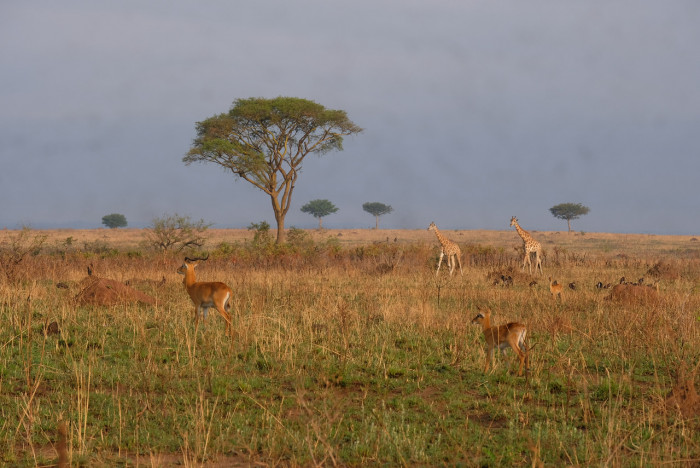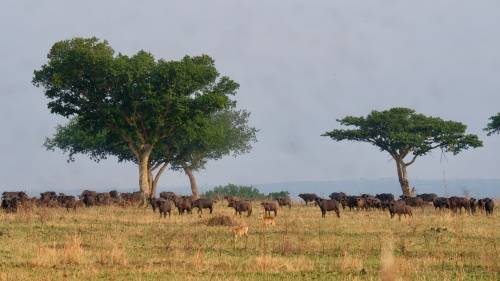
Africa is the continent most vulnerable to climate change. Not only farmers will suffer, but also bankers. If bankers do not invest their capital wisely, they risk losing it due to climate change. This is a global problem. Financial losses due to climate change figure in the trillions.
AFC has set up the Biodiversity Investment Fund for the East African Development Bank to address both climate and biodiversity issues in commercial debt financing.
Most banks in Uganda are blind to climate risk and do not know how to turn climate risk into a climate opportunity. AFC has developed guidelines for investment officers to follow to make sure that investments are both climate proof and have a biodiversity impact.

This is done by explaining to businesses that conserving and restoring biodiversity, will help them protect them against the impact of climate change and reduce their risks. These biodiversity-based climate solutions are the most efficient and effective solutions for businesses in Africa, and most importantly they are cost-efficient.
For instance, carbon capture and storage technologies are not available and/or too expensive for African businesses; growing trees is easy and cheap and they provide additional benefits.
Similarly, many farmers resort to encroaching on wetlands to overcome drought stress and avoid harvest failure. Yet, wetlands are huge carbon sinks, drying them out will only contribute to climate change. It is much better that farmers conserve the wetland and adopt drip irrigation using the water of the wetland. This new kind of thinking does not come natural to banks and businesses. They need expert assistance and willingness to invest in their capacities to develop prosperous African economies. Otherwise, a variety of social and environmental impacts will have devastating impact on African societies.
For further questions, please, turn to Juraj.Ujhazy [at] afci.de or to Juraj.Ujhazy [at] afci.de
